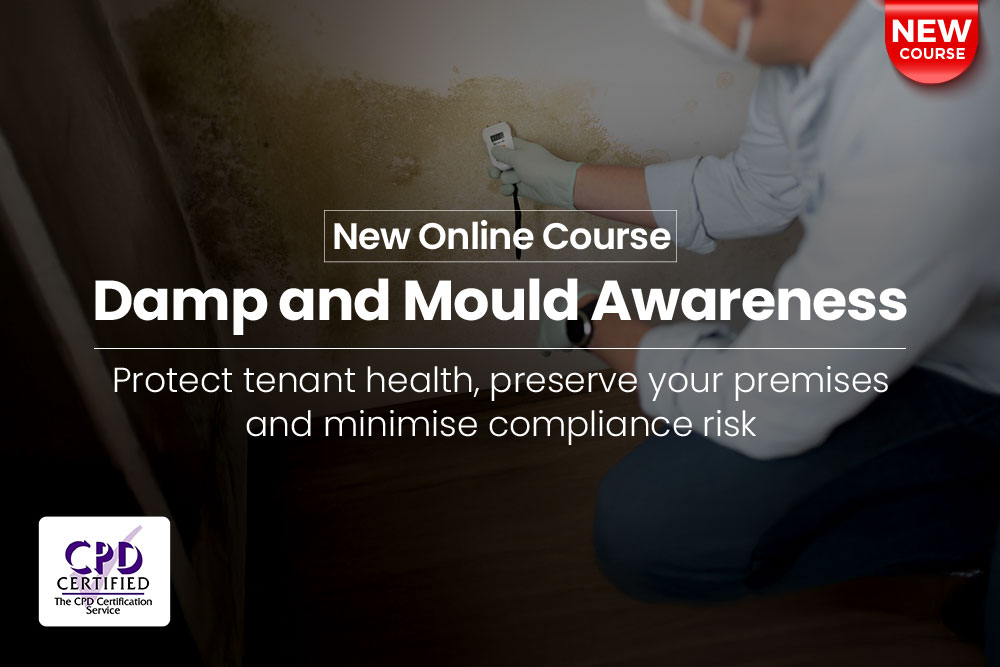
We’ve all accepted anxiety, mild panic and a general sense of unease as part of our working lives. So, it’s a huge congratulations to stress. It’s won! That’s what stress is – part of our working lives. But it’s still possible to create space for peace, calm and optimism in our daily routines.
This guide suggests 15 stress busters – quick, proven ways to escape everyday pressures and improve your health, happiness and productivity.
Stress Busters
Stress management is personal and not every stress busting technique will work for you.
Here are 15 stress busters you can experiment with to relieve the strain of near-constant stress.
1. Exercise
The relationship between physical health and mental wellness can’t be ignored. Intensity isn’t a factor because exercise in all its forms helps with stress. Just do whatever is realistic for you and keep it up regularly.

2. Go Outside
Nature is medicine. Fresh air and green spaces improve mental health. If your work cuts you off from the natural world, make time to get outside.
A walk in the park is a good start (more exercise, too), but the overall goal should be to connect with nature. Find opportunities to engage your senses – touch tree bark, listen to birdsong, smell a flower – deepening your connection to the natural world makes stress-relieving effects more potent.
3. Change Your Bedtime Routine
Rest is also crucial to your overall well-being. But stress makes it harder to sleep, which makes you more vulnerable to stress. Overhauling your pre-bed routine aids in restorative sleep, so follow these steps:
- Go to bed and wake up at a similar time each day (even on weekends)
- No phones or screens in the last 30-60 minutes before bed
- Keep your room as dark as possible and avoid bright lights close to bedtime
If you find yourself unable to sleep after 20 minutes, get up. It may seem counterintuitive, but do something else that doesn’t involve screens (like reading, easy chores or light stretching) for a little while. This ‘reset’ helps your next attempt at drifting off.

4. Eat Better
A healthy diet is the third pillar (along with rest and exercise) of overall good health. You probably have a decent idea of a good diet: lean proteins, whole grains, lots of water and plenty of fruits and vegetables.
A few healthy choices have been shown to help sleep, too. Incorporate these foods into your diet if good sleep is still an issue:
- Kiwis
- Cherries
- Nuts
- Cow’s milk
5. Cut Out Stimulants
Stimulants – alcohol, caffeine and nicotine – are synonymous with stress. But any stress busting strategy that harms your overall health isn’t worth it.
It’s natural to reach for your preferred mind-altering substance when pressured. And if you’re suffering from chronic stress, the damage caused by regular substance abuse can be severe.
6. Meditate (or Just Breathe)
Meditation is a proven stress-management technique endorsed by the NHS. And the sessions don’t need to be long. Experts suggest 20 minutes is about right, but any regular time you can find is beneficial.
Controlled breathing can have similar stress-reduction effects if you’re reluctant to meditate or don’t have the option to do it during your workday. Take a deep breath and hold it for 10 seconds. Release slowly and repeat as many times as you feel necessary. (This breathing method is essentially meditation – it’s easier than some think.) This is the quickest and easiest of our 15 Stress Busters.
7. Socialise
Stress can push you to isolate yourself, particularly if you feel you’ve got too much going on. But connecting with friends and family relaxes us. Even a friendly chat with a colleague can lift your spirits. And this levity helps restore your focus and drive when you return to work.

Talking through problems with others also helps you find solutions and gain perspective.
8. Help Others
Volunteering for a good cause has been shown to develop mental resilience. This level of commitment isn’t realistic during the workday, however.
Instead, scale down your do-gooding and look for quick wins. Make a cup of tea for a colleague, pay someone a compliment or surprise a pal with a small gift.
9. Take Up a Hobby
Spending time on a hobby you enjoy makes you happier. An easy concept to grasp, but there’s an interesting bit of science going on here.
Chronic stress exhausts the part of your brain that regulates mood, which can cause anhedonia – the proper term for losing joy in things. Take up a hobby to help undo this damage. Doing something you enjoy activates our brain’s reward systems and creates feelings of satisfaction and achievement.
Any hobby is helpful, but creative or active pursuits have additional benefits. Exercising your creative muscles helps you leave unhelpful thoughts behind, while physical exercise helps boost your mental health.
10. Get Organised
A lot of stress is caused by a perceived lack of control. Getting organised and staying on top of things counteracts this feeling.
You can use time management techniques, like gathering points or processing your work, to prioritise what needs to be done. This gives you more command over your workday.
11. Set and Achieve (Manageable) Goals
Invest in personal development. As long as your goals are SMART (an acronym that helps you keep them manageable), the sense of pride and confidence you’ll get from reaching them is excellent to relieve stress.
Learning new skills to reach your goals also helps boost self-esteem. Making progress towards something fires up our brain’s reward systems, creating a similar positive effect to spending time on a hobby. And it’s one of the most beneficial of our 15 Stress Busters.
12. Tidy Up Your Workspace
Your workspace reflects your mood to an extent. Clutter causes confusion, triggering stress, whereas a tidy space helps you order your thoughts.

The actual act of cleaning also helps relieve stress. It gives you a sense of achievement and control over your environment.
13. Take a Break
Working longer than six hours at a time entitles you to a 20-minute uninterrupted break. But this is the bare minimum. You’ll probably need more frequent breaks to maintain your mood and focus.
Adopting the Pomodoro Technique is one way to do this. This work-break scheduling tool was created by Francesco Cirillo, who named it after the tomato-shaped timer he used to develop the strategy.
You can tweak the intervals, but the classic technique is:
- Concentrate on a single task for 25 minutes
- Take a five-minute break
- Repeat this pattern four times
- Rest for 15-30 minutes and repeat the cycle again
This process helps reduce anxiety and boost productivity, which has further stress busting effects.
14. Focus on Something Around You
Focusing on something else is a great quick fix when you’re agitated. However, this technique isn’t trying to take your mind off things in the abstract. It’s engaging your senses and fixing on something in your environment. You could count colours, notice the texture of your chair or seek out a pleasant scent.

Sensory experiences break negative thought patterns and help return you to a healthier mental state.
15. Learn About Stress Management
Our online Stress Management Training course covers long-term solutions for workplace stress. It helps you assess and control the recurring causes of your stress.
More than a quick fix, training lets you find new, healthier ways of working.






















































































































































































































































































































































































































































































































































































































































































































































